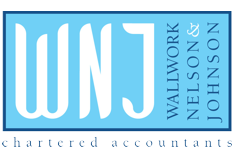HMRC tax investigations: Are you protected?
HM Revenue and Customs (HMRC) continues to invest time and money in its tax enquiry operations as it works to bring money back into the Treasury to help ease government finances.
Figures revealed last year showed a 21 per cent rise in tax investigations into sole traders and small businesses by HMRC between the 2020/21 and 2022/23 tax years.
On top of that a further £79m has been invested into HMRC’s operations as it looks to recover £725million in unpaid taxes over a five-year period.
An additional 2,500 compliance staff were recruited to help in this task in 2022/23.
And HMRC now uses a sophisticated database called ‘Connect’ to start more than 80 per cent of enquiries. It analyses more than 55 billion pieces of data, including land registry documents, social media account information and banking details.
HMRC activity has increased significantly in recent months, with the number of new enquiries opened now exceeding pre-pandemic levels.
What sparks an investigation?
An investigation into your tax return by HMRC may be triggered by several reasons: a tip off, paying the incorrect amount of tax, late returns or simply working within a selected area, to name a few.
No reason has to be given as to why the enquiry is being undertaken. The assumption when you’re selected for a tax investigation is that you have done something wrong. This is rarely the case.
Random enquiries into tax affairs can and do happen. Whether you’re an individual taxpayer or business owner, an investigation is possible, and nobody is exempt.
That brown envelope arriving on your doorstep is not to be ignored.
Any taxpayer can be targeted by HMRC, answering all its questions takes time and the enquiries often drag on for months and sometimes take years to conclude.
It can cost a lot to defend you, whatever the result. That is why it as important as it has ever been for you to protect against these costs.
What happens during an investigation?
Once HMRC decide to investigate you must comply with their requests.
HMRC will check your accounts, request a plethora of documentation, ask lots of questions and may even want to visit you in person.
No additional tax may be due, but you will still be left with enquiry fees which could cost thousands.
Investigations are costly, stressful, and an unwelcome distraction from day-to-day life; whether HMRC initiate a Full Enquiry of your tax history or an Aspect Enquiry into a specific area of your return, you will be liable for the professional costs to bring about a prompt resolution.
What can you do to protect yourself or your business?
WNJ’s professional fees do not cover the additional costs of handling tax enquires and compliance checks.
However, the good news is there is help available. Tax Fee Protection, like the scheme WNJ offers its clients, will protect you from our fees associated with an HMRC enquiry, limiting the stress and uncertainty.
It will cover fees incurred translating the many complicated questions the taxman may pose, manage the entire conversation with HMRC, help you submit any required information and challenge its findings.
The protection gives you the comfort of knowing you will be fully defended if you fall under HMRC’s spotlight.
There are other benefits from the WNJ scheme, including complementary telephone access to business support advice lines on employment law, health and safety and general legal issues.
• To find out more about the Tax Fee Protection service offered to WNJ clients please call 01772 430000

